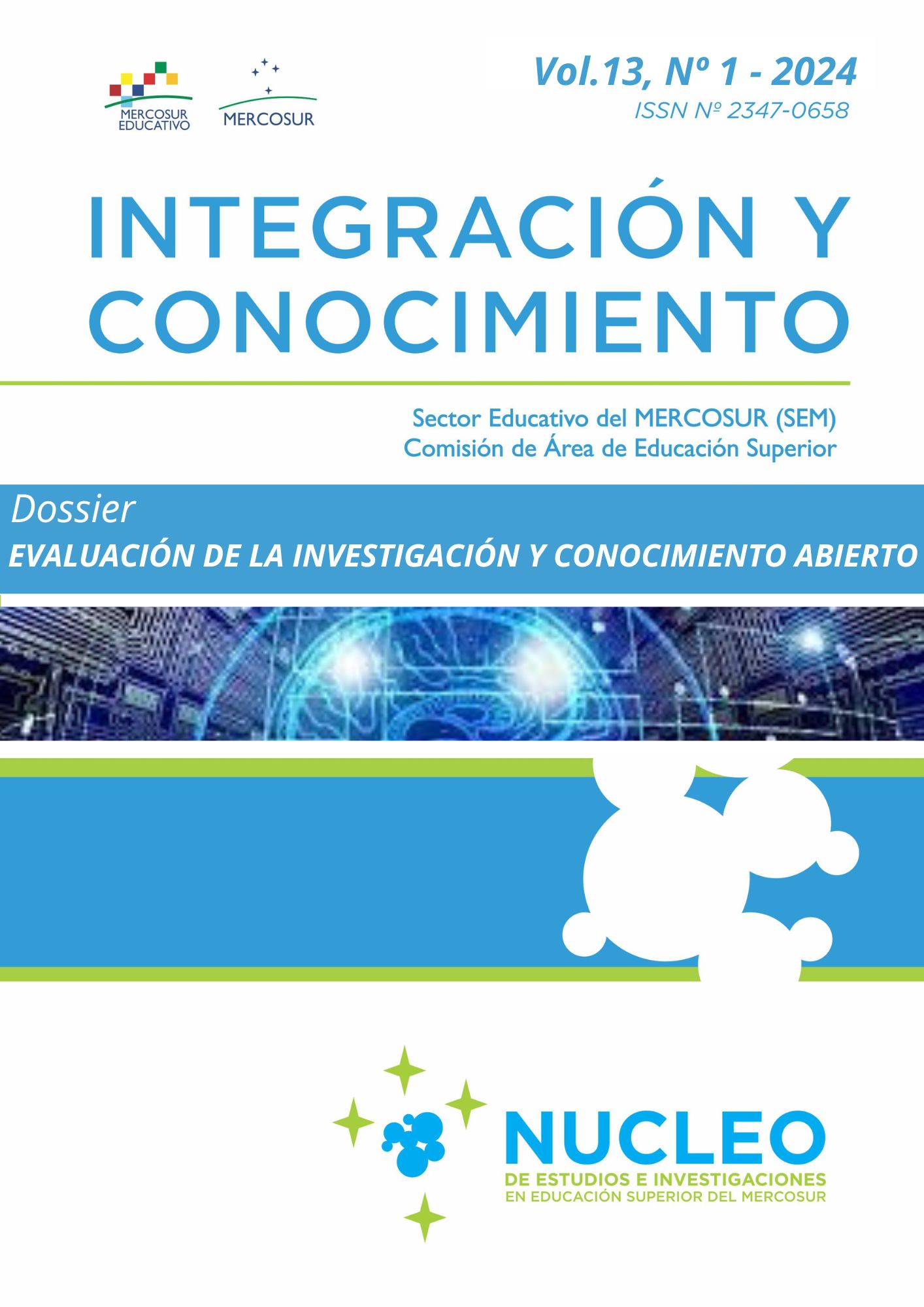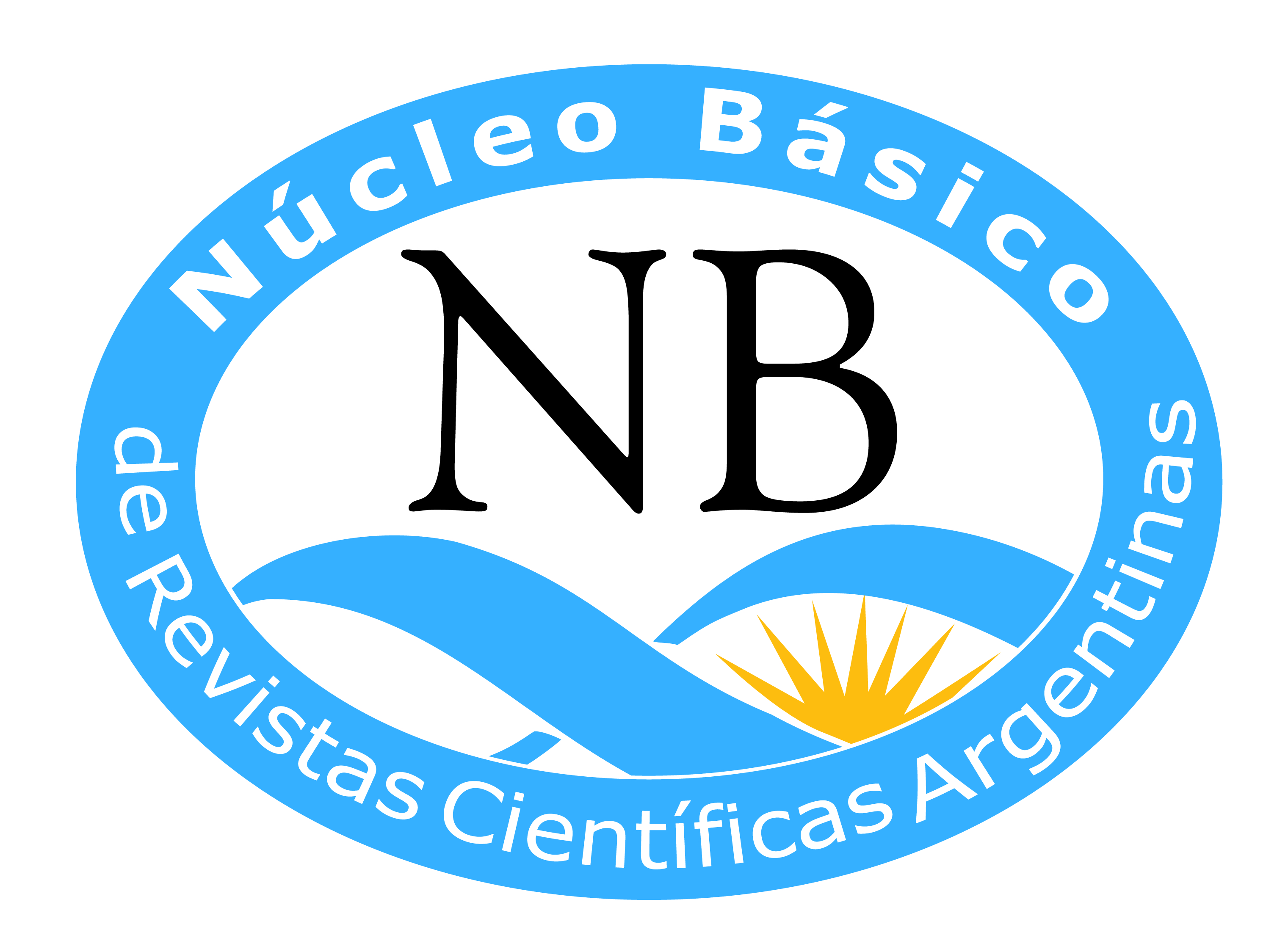Director IESALC-UNESCO. Francesc Pedró
DOI:
https://doi.org/10.61203/2347-0658.v13.n1.44220Abstract
Francesc Pedro es desde Mayo de 2019 Director del Instituto Internacional de la UNESCO para la Educación Superior en América Latina y el Caribe (UNESCO IESALC). Previamente, lideró desde 2010 el servicio de asesoramiento en políticas educativas en el sector de educación de la UNESCO en París (Francia). Con anterioridad, trabajó como analista senior en el Centro de Investigación e Innovación Educativas (CERI) de la OCDE. Es catedrático de políticas comparadas de educación en la Universitat Pompeu Fabra (Barcelona). Previamente fue vicerector de investigación educativa e innovación de la Universitat Oberta de Catalunya (Barcelona. Sus libros más recientes son: Tecnologías para la transformación de la educación (2017) y Promising Education Policy Levers For 2030. The Untapped Potential of Governance, School Leadership, and Monitoring and Evaluation Policies (2018).
Downloads
Downloads
Published
Issue
Section
License
Copyright (c) 2024 Integración y Conocimiento

This work is licensed under a Creative Commons Attribution-NonCommercial-ShareAlike 4.0 International License.
Authors who have publications with this journal accept the following terms:
a. Authors shall retain their copyright and guarantee the journal the right of first publication of their work, which shall simultaneously be subject to the Creative Commons License of Recognition which allows third parties to share the work as long as its author is indicated and its first publication is this journal.
b. Authors may adopt other non-exclusive licensing agreements for the distribution of the published version of the work (e.g., depositing it in an institutional telematic archive or publishing it in a monographic volume) provided that the initial publication in this journal is indicated.
c. Authors are allowed and encouraged to disseminate their work via the Internet (e.g. in institutional telematic archives or on their website) after publication of the article, which may lead to interesting exchanges and increased citations of the published work. (See The Effect of Open Access).



